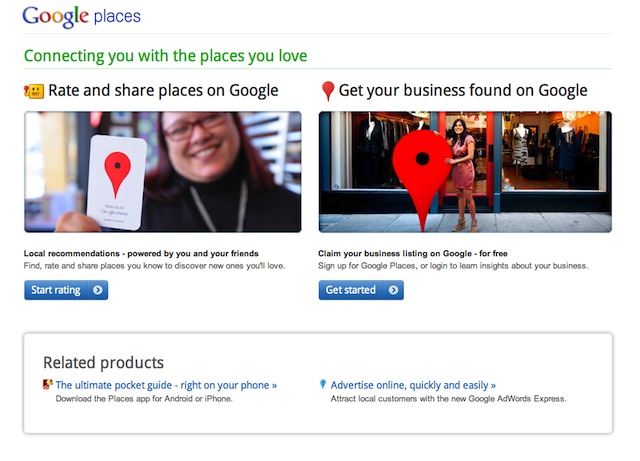Toward the Zettabyte Enterprise originally appeared in Smart Company on May 31, 2012
Two hundred years ago, the idea of equivalent power of hundreds of horses in a single machine was unthinkable; then steam engine arrived with what seemed unlimited power and that, followed by electricity and the motor car, changed our society and the way we do business.
Back then it was inconceivable that the average person would have the equivalent of several hundred horses of power in their household, today most of us have that sitting in our driveway.
The same thing is happening with the explosion in data, it’s changing how we work in ways as profound as the steam engine, electricity or the motor car.
A couple of surveys released this week illustrate the how business is changing. The Yellow Social Media Report 2012 and the Cisco VisualNetworking Index both show how business and our customers are adapting to having high speed internet at their fingertips.
The Cisco index illustrates the explosive growth of data across the Internet as more people in Asia and Africa connect to the net while users in developed countries like Australia increase their already heavy usage.
In Australia, Cisco see a sixfold growth in traffic between now and 2016. As the National Broadband Network is rolled out, they see speeds increasing substantially as well, with Australia moving from the back of global speed tables up to the front.
Many people are still struggling with the Megabyte or Gigabyte, but very soon we’re going to have to deal with the Zettabyte – a trillion Gigabytes.
For businesses, this means we’re going to have to deal with even more data, it’s clear our hardware and office equipment aren’t going to deal with the massive traffic increases we’re going to see in the next few years.
Even if we have that equipment, it’s another question whether we have the systems, or intellectual capacity to use it effectively.
A worrying part of the Sensis survey is that businesses aren’t keeping up with these demands; something that jumps out with the survey is that while 79% of big businesses have a social media presence, only 27% of small businesses have bothered setting one up.
Australian small businesses have basically given the turf away to the big end of town.
The real worry with these statistics is that small business just isn’t taking advantage of the tools available to them — not only are they leaving the field open to bigger competitors, but there’s a whole new generation of lean new startups about to grab markets off slow incumbents.
While the big companies are vulnerable, it’s the smaller businesses who are the low hanging, easy to pick fruit. If you’re in a profitable niche segment this is something you’ll need to keep in mind.
In the near future we’ll be dealing with inconceivable amounts of data, the businesses that understand this will thrive while those who don’t probably won’t even understand what has hit them.




